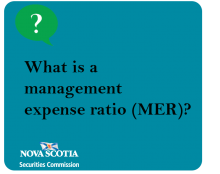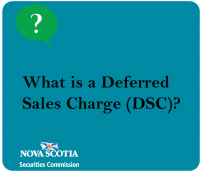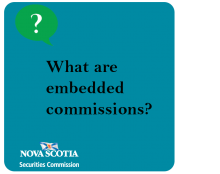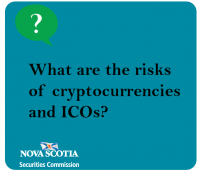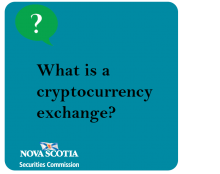Question of the week: What is a management expense ratio (MER)?
Submitted by nsscadmin on
Our last two blog posts have focused on investment fees, specifically embedded commissions and deferred sales charges (DSC). In both posts we mentioned management expense ratios (MER). Apparently when we mentioned them we should have gone into greater detail about them, as that’s what investors have asked for this week.

